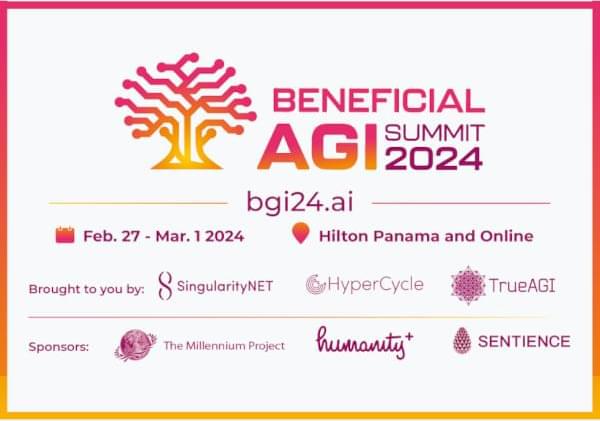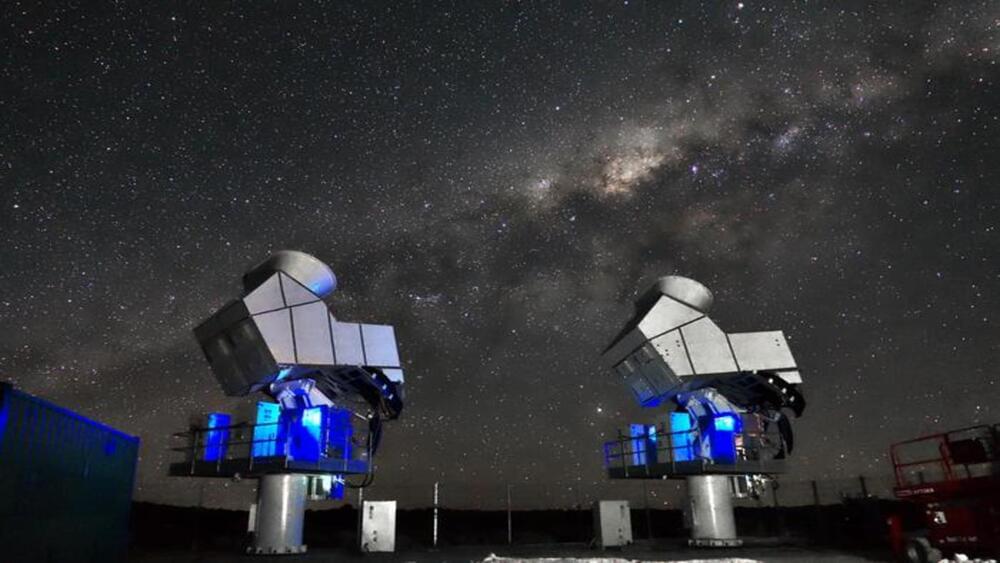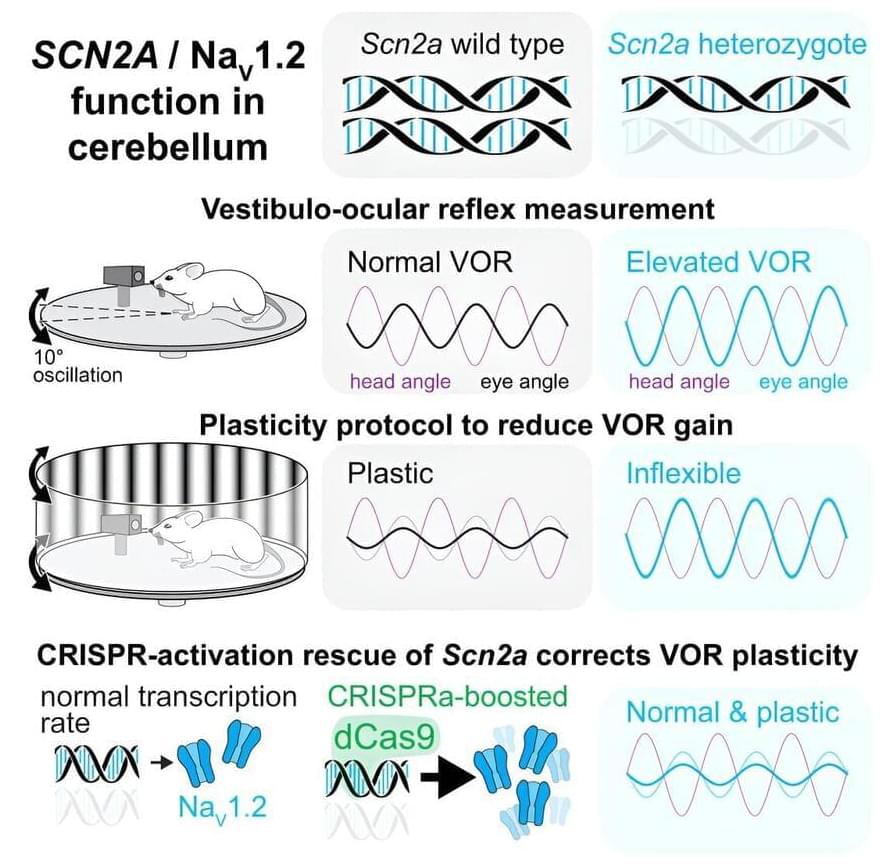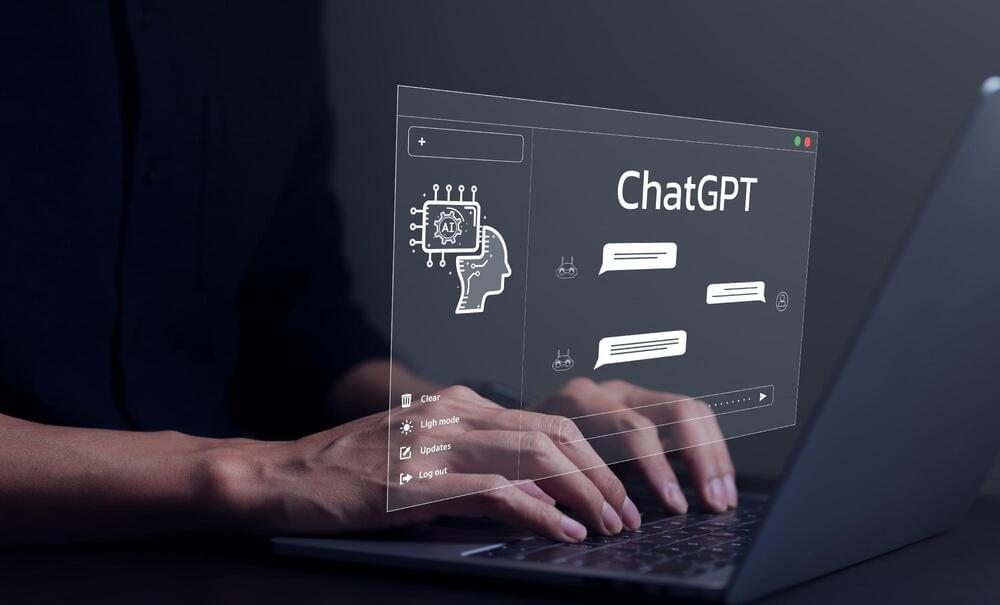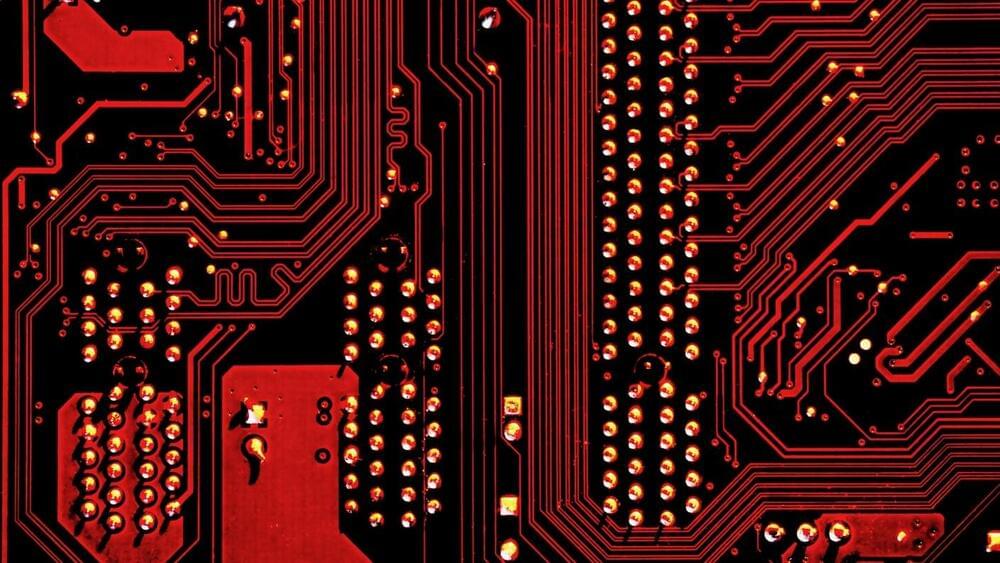The “Beneficial AGI Summit & Unconference” is a new event organized by SingularityNet and TrueAGI in collaboration with others. The Millennium Project is one of the sponsors of the event and our Jerome Glenn, Executive Director and co-founder of The Millennium Project, and José Cordeiro, MP Board member and RIBER and Venezuela Nodes Chair, are members of the organizing committee of the event. The Beneficial AGI summit will take place both online and physically and c/o Hilton Panama in Panama City. The streaming is free, get your ticket.
The objective of the conference is to bring together the leading voices in AI in actions to catalyze the emergence of beneficial AGI. Key themes of the event are: Constitution & Governance Framework, Global Brain Collective, Simulation / Gaming Environments, Scenarios analysis process, Potential scenarios (from 1 to 7).
On the first two days of the BGI Summit, Feb. 27–28, top thought leaders from around the globe will engage in comprehensive, detailed discussions of a wide range of questions regarding various approaches to AGI and their ethical, economic, psychological, political, environmental and other implications. The focus will be on discussing issues, making conceptual progress, forming collaborations, and engaging in the practical actions aimed at catalyzing the emergence of beneficial AGI based on the ideas and connections set in motion by all involved.
